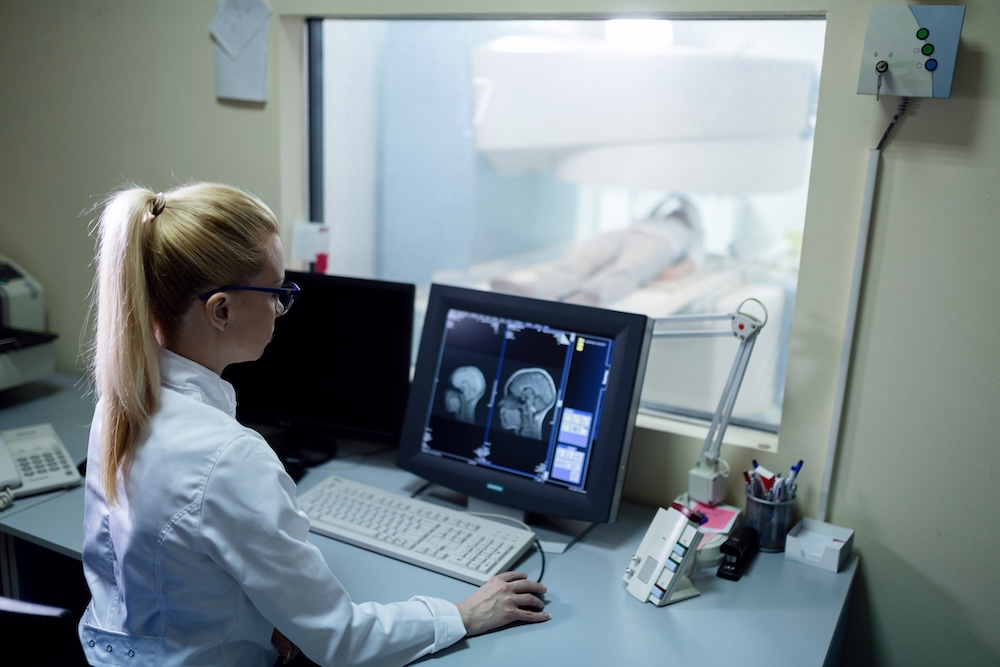Research
An Australian study is exploring VR for safe fall recovery among people with spinal cord injury. The University of Queensland is leading the project, which is developing a virtual reality programme to help patients practise safe falls for the first time. The work builds on seven years of research into spinal cord injury and falls [...]
Severe CTE is clearly linked to dementia in people exposed to repetitive head impacts, researchers have found. Chronic traumatic encephalopathy, or CTE, is a progressive brain disorder caused by repeated head impacts. It is seen in people who play contact sports, serve in the military or are exposed to physical violence. CTE can [...]
The brain may reinforce seizures during sleep by treating them like memories, according to new research. A study analysing long-term brain recordings from implanted devices in 11 people with epilepsy found that after a seizure, the brain entered a prolonged deep sleep state similar to how it stores new memories. This process mimics memory consolidation, [...]
People with mental illness who use AI chatbots risk a worsening of their condition, according to a study published after screening health records from nearly 54,000 patients. Researchers reviewed electronic health records and identified cases where AI chatbot use appeared to have negative effects, primarily through worsened delusions. Delusions are fixed false beliefs held despite [...]
Scientists have observed in real time and reversed a chemical process linked to protein clumping associated with Alzheimer’s disease. Using a molecule-measuring technique in laboratory tests, researchers tracked how certain metals can promote the clumping of amyloid-beta proteins. In people with Alzheimer’s disease, these protein build-ups block neural pathways and prevent brain cells from communicating [...]
Two hundred neurologists will urge US lawmakers in Washington, D.C., to maintain brain research funding and protect patient access to care. The American Academy of Neurology is holding its 24th annual "Neurology on the Hill" event from 22 to 24 February 2026, with delegates from 47 states set to press politicians on three issues: research [...]
Harness Therapeutics has named HRN001 as its lead Huntington’s disease drug candidate and set out plans to advance the programme towards clinical trials. Huntington’s disease is an inherited neurodegenerative condition that causes progressive problems with movement, thinking and mental health, with death often occurring within 15 years of symptoms starting. There are currently no approved [...]
Depression can appear years before a diagnosis of Parkinson’s disease or Lewy body dementia, new research has revealed, suggesting it may be an early indicator of neurological disease. A long-term study found people who later developed Parkinson’s disease or Lewy body dementia were significantly more likely to experience depression than those with other serious chronic [...]
A single dose of DMT given alongside psychotherapy has been shown to ease symptoms of major depression, with benefits lasting for months, according to a small clinical trial. The trial found that people receiving the psychedelic treatment saw rapid improvements in depressive symptoms, which continued well beyond the short period during which the drug was [...]
Advanced MRI analysis could improve early diagnosis of two rare conditions often mistaken for Parkinson’s disease, research suggests. The study indicates that detailed assessment of brain scan patterns can distinguish between progressive supranuclear palsy (PSP) and corticobasal degeneration (CBD), even at early stages. Both conditions are neurodegenerative diseases that cause balance problems, falls, stiffness and [...]













